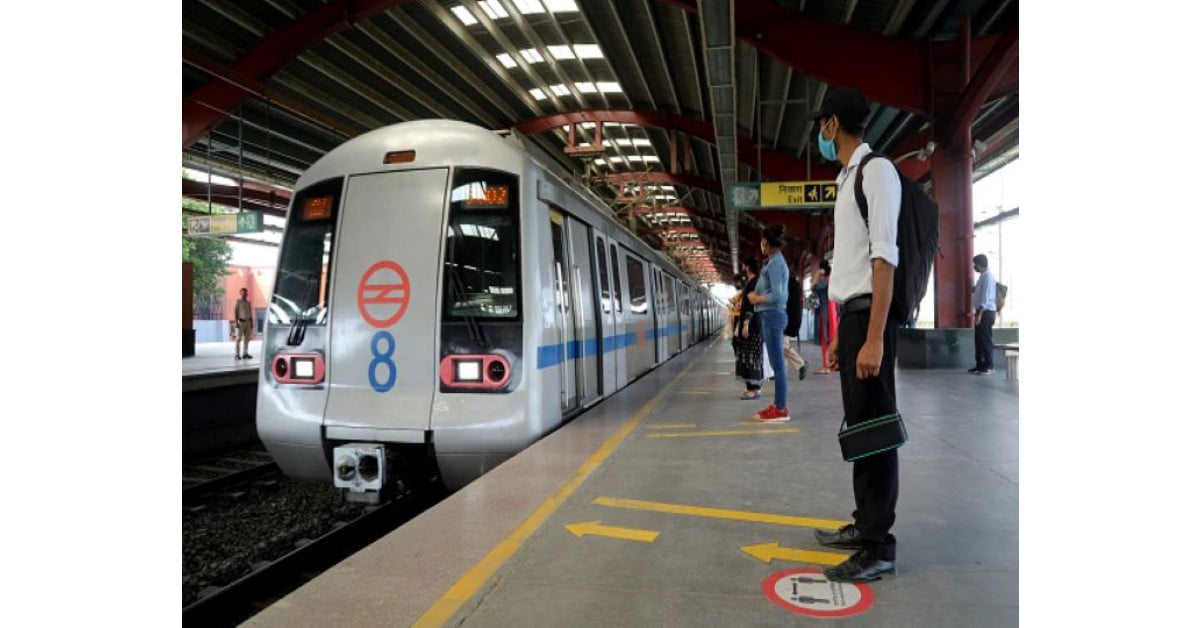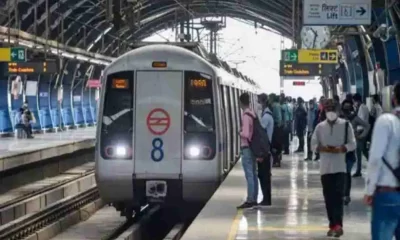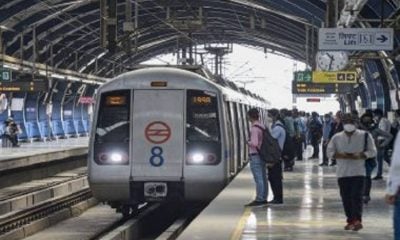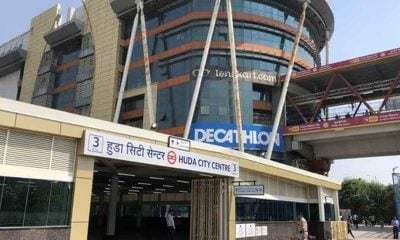India News
Delhi Metro to soon launch 1st virtual shopping app: Digital lockers, smart card recharge, cab bookings
The app will offer detailed information about the amenities present at metro stations, including the location and condition of gates, lifts, escalators, platforms, train timing, coach occupancy, and space availability.

India News
JNU protest turns violent as Left and Right student groups trade charges
A late-night protest at JNU turned violent as Left and ABVP student groups accused each other of stone-throwing and attacks near the East Gate.
India News
World praised India’s AI potential at AI Impact Summit, says PM Modi
PM Modi said the world praised India’s AI potential at the AI Impact Summit 2026, where 89 countries endorsed the New Delhi Declaration on artificial intelligence.
India News
Devendra Fadnavis seeks CBI probe into Ajit Pawar plane crash
Maharashtra Chief Minister Devendra Fadnavis has requested a CBI investigation into the plane crash that killed Deputy CM Ajit Pawar, alongside ongoing DGCA and CID probes.
-

 LATEST SPORTS NEWS7 hours ago
LATEST SPORTS NEWS7 hours agoICC Men’s T20 World Cup 2026: South Africa outclass India with smart slower-ball strategy in Super 8
-

 India News7 hours ago
India News7 hours agoWorld praised India’s AI potential at AI Impact Summit, says PM Modi
-

 India News7 hours ago
India News7 hours agoJNU protest turns violent as Left and Right student groups trade charges
-

 India News8 hours ago
India News8 hours agoDevendra Fadnavis seeks CBI probe into Ajit Pawar plane crash
-

 Latest world news1 hour ago
Latest world news1 hour agoBangladesh president Shahabuddin accuses Yunus of conspiracy to unseat him
















